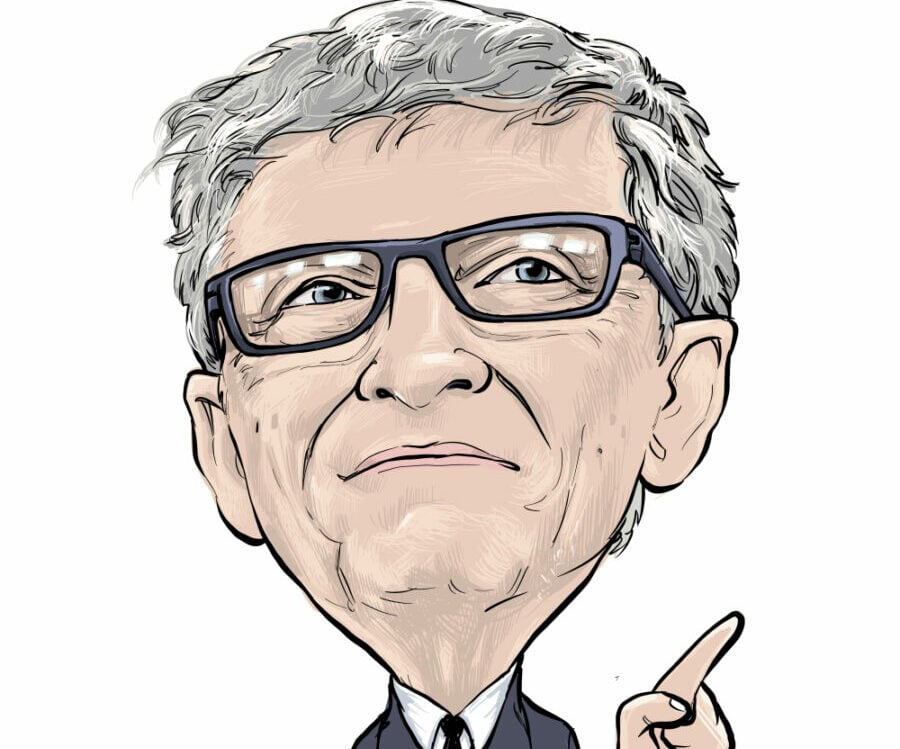The founder of Microsoft, Bill Gates, announced that interest rates are likely to rise enough to cause a global economic slowdown, caused by Russia’s invasion of Ukraine and the fallout from the Corona pandemic.
Gates’ remarks were made to Fareed Zakaria GPS program on CNN at a time when economic analysts expect that the monetary policy of the Federal Reserve Bank will cause a recession, and thus the US economy could reach a “Bear Market.”
The term bear market is usually applied by stock markets when share values and market indices drop by 20 percent or more.
According to the definition of the “Harvard” website, a bear market is a market in which the prices of shares or the overall indices of an industry decline or decline in a certain period of time, provided that the decline is characterized by a state of extreme pessimism among investors about the future of that market or that industry.
“I’m afraid the bears have a very strong case and that worries me a lot,” he said, referring to pessimistic investors about the state of the economy and markets.
The billionaire and co-founder of Microsoft said the war in Ukraine, which has driven up commodity prices, “comes in the wake of the pandemic, where government debt levels were already very high along with some problems in the supply chain.” Gates predicted that this will eventually lead to an economic slowdown.
The Federal Reserve last week raised the key interest rate range by 0.5 percentage point to combat inflation, and is expected to take similar steps at its next two meetings this summer. Although the Federal Reserve says it hopes to avoid pushing the economy into a recession, fears are rising that this will happen, as evidenced by the brutal week on Wall Street.
After continuing its decline since the beginning of this year by 13 percent, the “Standard & Poor’s 500” index is in danger of diving even deeper in the coming months. And “Morgan Stanley” expressed this pessimism, when it said that the index is threatened to decline to the level of 3460 points if the estimated growth in profits begins to turn into negative territory as a result of recession fears.
Apparently, out of panic, investors began withdrawing their money from equity funds in April. And although the outflows are a drop in the ocean of what they’ve added over the past two years, history shows that once selling gains momentum, it’s hard to turn back, according to Bloomberg.
The latest weekly data of Bank of America issued on Friday showed that another $3.4 billion exited from stocks, $9.1 billion in bonds, and $14 billion in cash.








